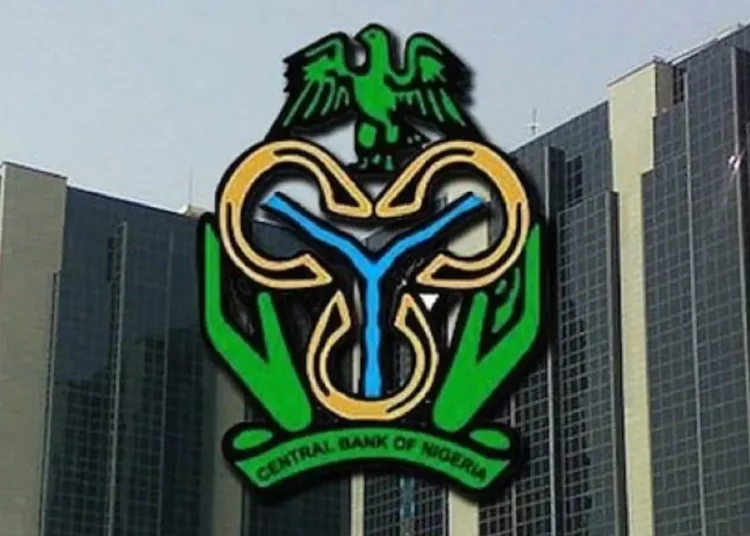The governor of the Central Bank of Nigeria (CBN), Olayemi Cardoso, has expressed optimism about a positive economic trajectory for the country in the first half of 2025, citing significant progress in key areas such as foreign exchange (forex) market transparency, banking sector recapitalisation, and sectoral growth.
Cardoso emphasised the CBN’s commitment to achieving economic recovery and stability, assuring stakeholders that the apex bank remains resolute in implementing policies to bolster growth and ensure financial system resilience.
He made these remarks while presenting the 2024 statutory briefing to the Senate Committee on Banking, Insurance, and Other Financial Institutions in Abuja recently.
Cardoso highlighted the strides made in improving transparency and liquidity in the forex market, stating that these efforts have contributed to its gradual stabilisation. He also reaffirmed the CBN’s determination to enhance cash availability for customers at official outlets, a move aimed at fostering public confidence and promoting economic activity.
“The Central Bank will closely monitor economic developments and adjust policies as required to ensure price and exchange rate stability and sustainable economic growth,” Cardoso said.
The governor also noted that the positive trends in key sectors, particularly the services sector, indicate a path toward recovery.
The chairman of the senate committee on banking, insurance, and other financial institutions, Senator Mukhail Adetokunbo Abiru, commended the CBN for its efforts in stabilising the forex market and enhancing liquidity. He acknowledged the Bank’s role in reducing market distortions and praised its measures to restore stability and trust in the financial system.
The last year, 2024, posed significant challenges for the Nigerian economy, with inflationary pressures prompting the CBN’s Monetary Policy Committee (MPC) to adopt stringent measures. The MPC raised the Monetary Policy Rate (MPR) multiple times during the year: from 26.25 per cent in May to 26.75 per cent in July, then to 27.25 percent in September, and finally to 27.50 per cent in its last meeting of the year.
These rate hikes were part of the bank’s efforts to curb inflation and stabilise the economy. Despite these challenges, the CBN’s proactive policies have contributed to strengthening financial regulation and promoting market conduct.
Under Cardoso’s leadership, the CBN has achieved several milestones in financial regulation. These include: enhancing market transparency. The Bank restricted the distribution of unearned income, ensuring fairness and accountability in the financial system.
The bank also prioritised the delisting of Nigeria from the Financial Action Task Force (FATF) grey list which highlights the country’s improved compliance with international anti-money laundering standards.
The CBN also set new rules for managing dormant accounts to protect customer funds and improve system efficiency, while the suspension of the processing fees for cash deposits was implemented to incentivize banking habits and increase liquidity.
Looking ahead, Cardoso remains confident that the measures put in place by the CBN will pave the way for sustained economic recovery. The Bank’s focus on supporting growth in key sectors, maintaining forex market stability, and implementing robust financial policies signals a hopeful outlook for Nigeria’s economy in 2025.
As Nigeria continues to navigate global and domestic economic challenges, Cardoso said CBN’s leadership is poised to play a crucial role in steering the country toward a more stable and prosperous future.
We’ve got the edge. Get real-time reports, breaking scoops, and exclusive angles delivered straight to your phone. Don’t settle for stale news. Join LEADERSHIP NEWS on WhatsApp for 24/7 updates →
Join Our WhatsApp Channel










